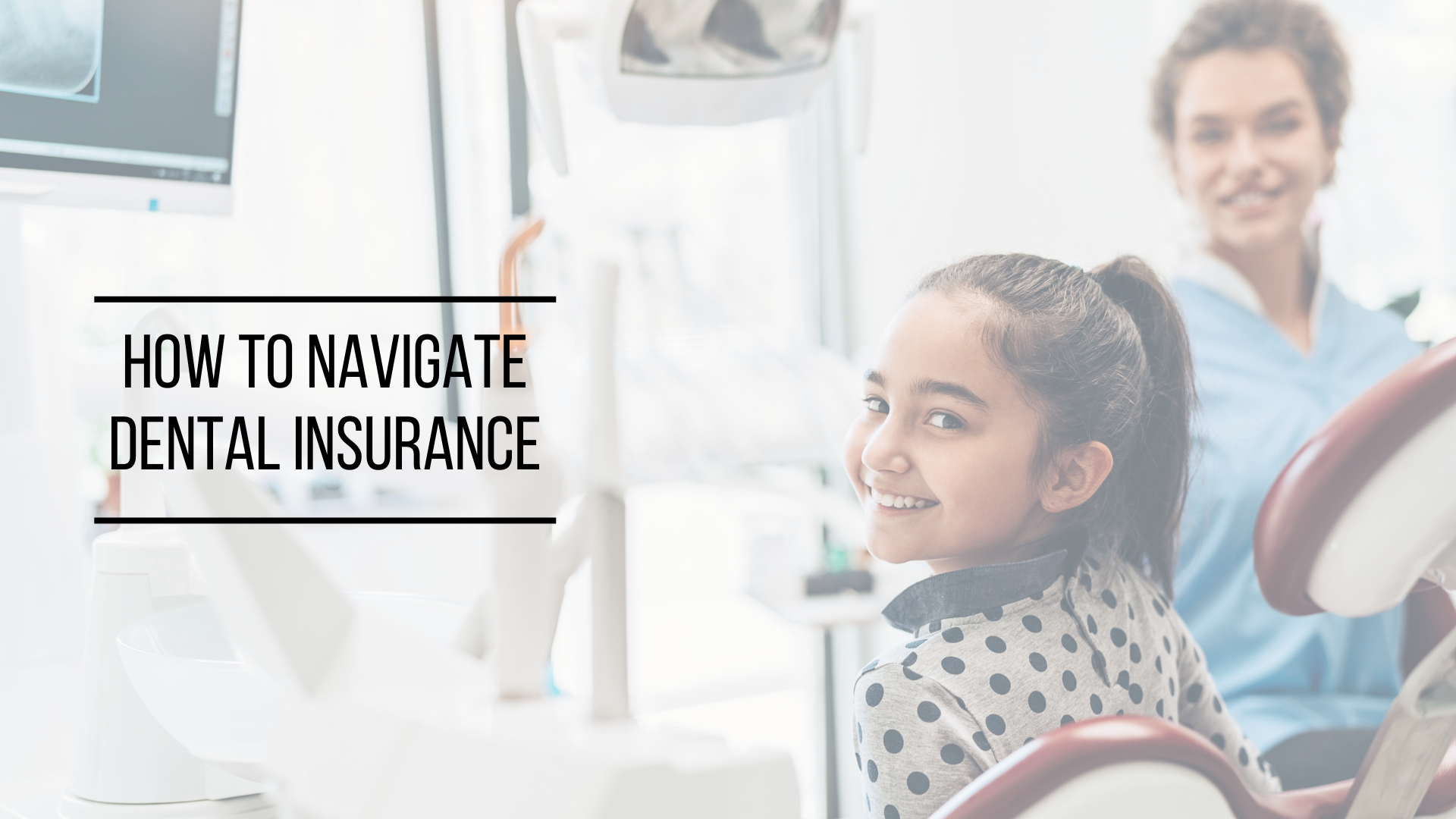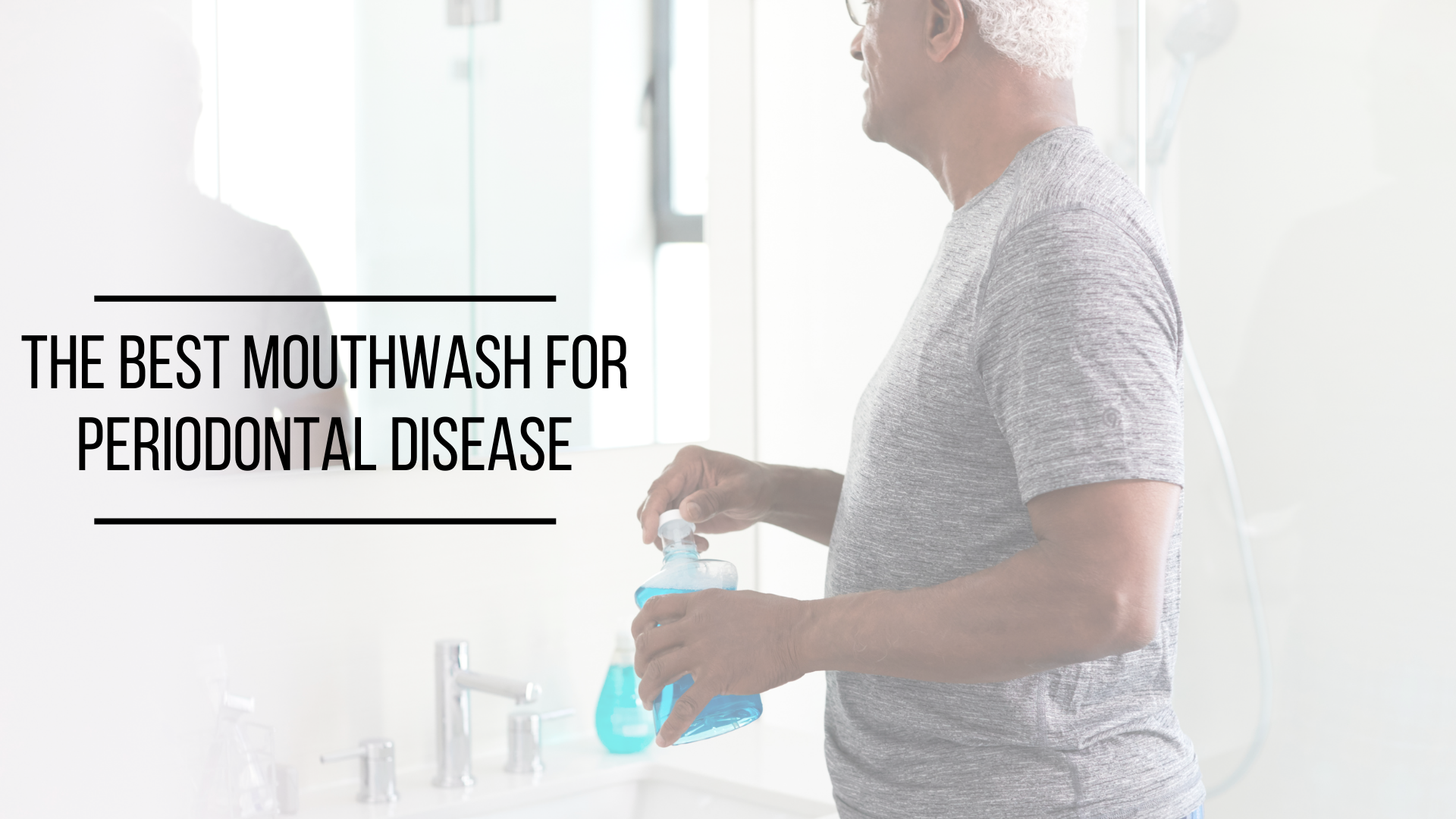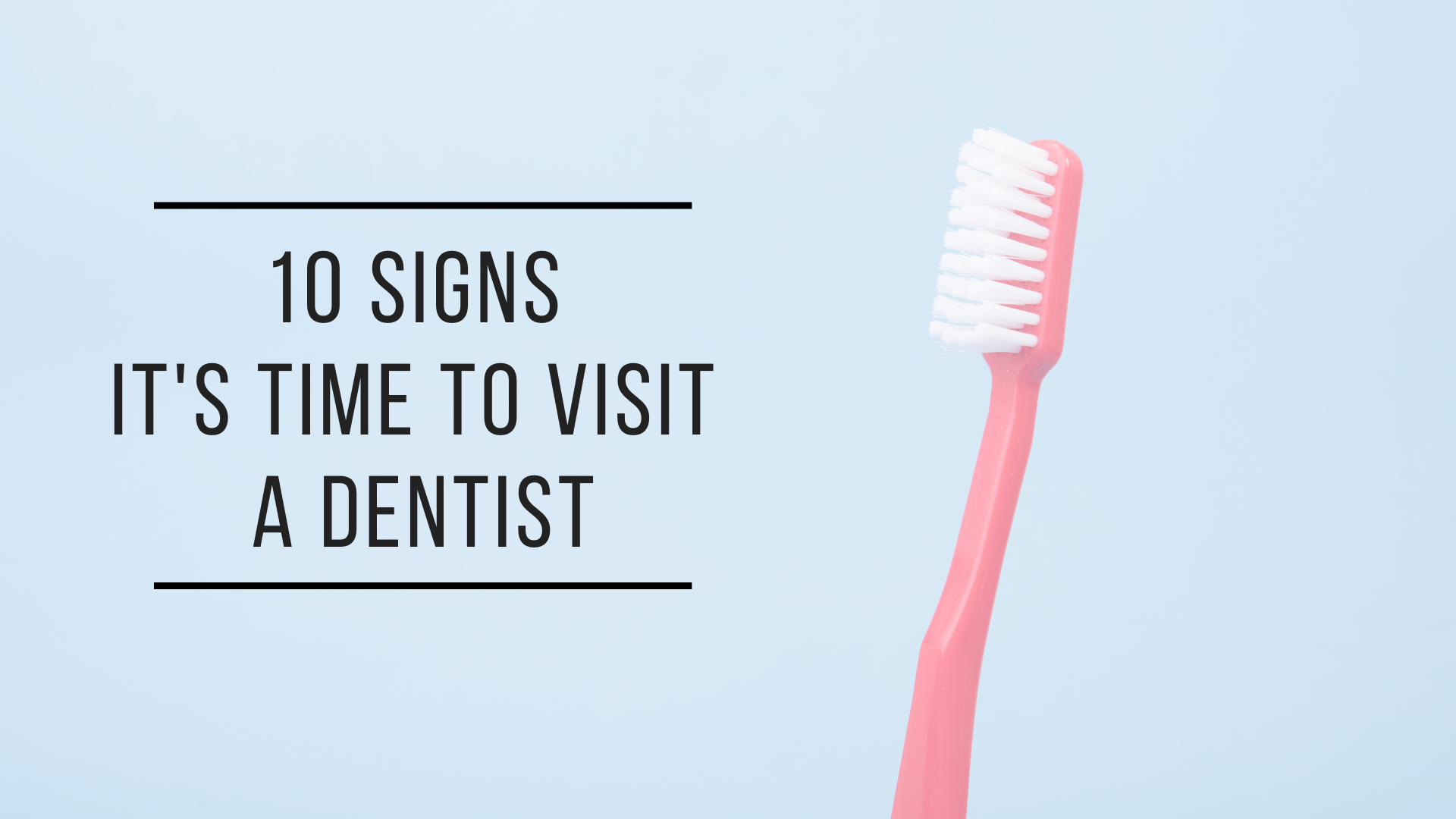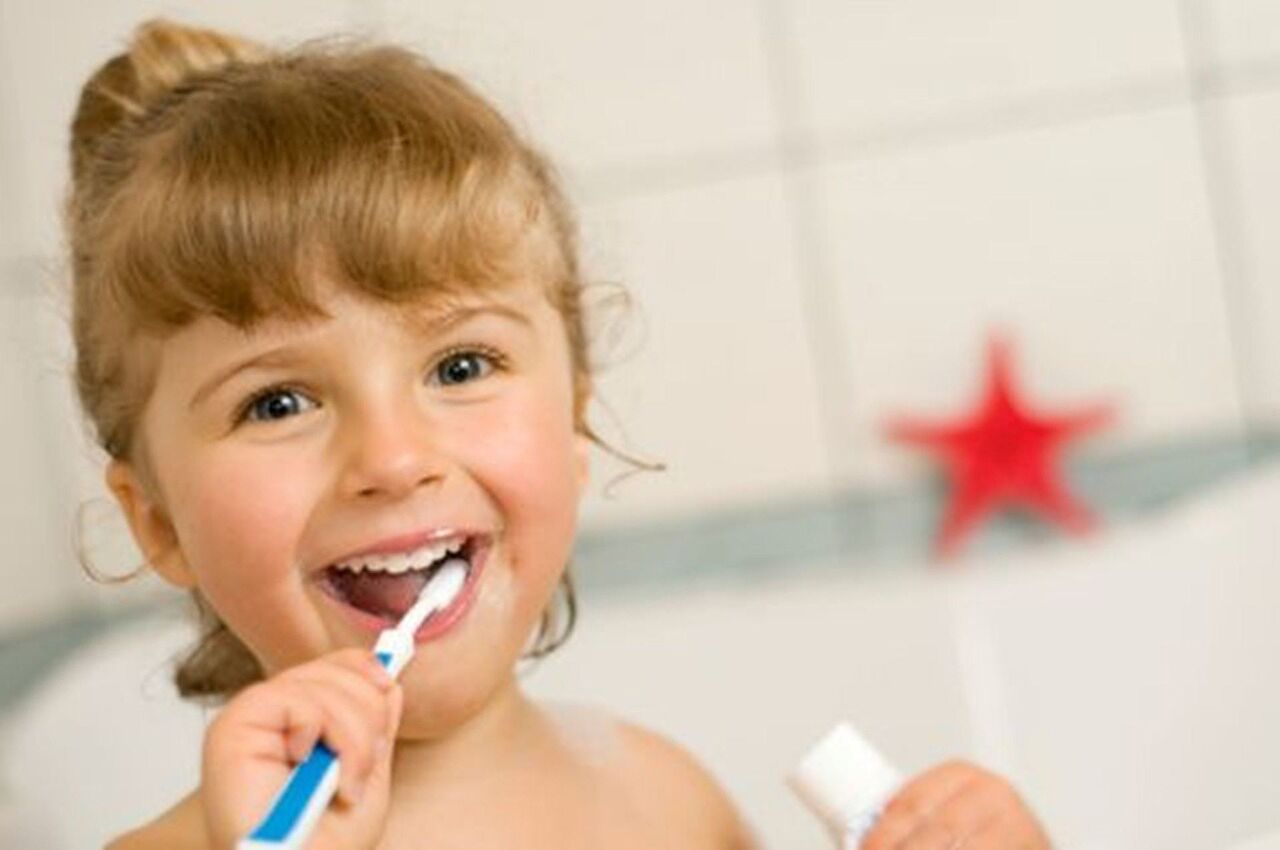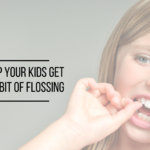Dental insurance is a vital part of oral health care for many people. However, navigating dental insurance can be confusing.
This blog post will help to clear up some of the confusion and explain what dental insurance is, how to find a dentist in your insurance network, and how to receive dental care without insurance.
What is Dental Insurance?
Dental insurance is a type of insurance that helps to cover the cost of dental care. Dental insurance can help to pay for routine dental care, such as cleanings and check-ups, as well as more extensive dental procedures, such as fillings, crowns, and braces.
There are many different types of dental insurance plans available, so it is important to do your research to find a plan that best meets your needs.
How to Find a Dentist in Your Insurance Network
If you have dental insurance, it is important to find a dentist who is in your insurance network. In-network dentists have agreed to accept the terms and conditions of your insurance plan.
This means that you will likely pay less out-of-pocket for dental care if you see an in-network dentist.
You can typically find a list of in-network dentists on your insurance company’s website. If you are having trouble finding a list of in-network dentists, you can also contact your insurance company directly and ask for a list.
The Best Ways to Save on Dental Care
Dental care can be expensive, but there are a few ways that you can save on the cost of dental care. One way to save on dental care is to use a dental discount plan. Dental discount plans are not insurance, but they do offer discounts on dental care from participating dentists.
Another way to save on dental care is to use a dental savings account. A dental savings account is an account that you can put money into to use for future dental expenses. The money in the account grows tax-free, and you can use it to pay for dental care when you need it.
Finally, you can also save on dental care by using a flexible spending account. A flexible spending account is an account that you can put money into to use for medical expenses, including dental care.
Receiving Dental Care Without Insurance
If you do not have dental insurance, there are still options available for receiving dental care. Many dentists offer discounts for cash-paying patients, so be sure to ask about this when you call to make an appointment.
You can also search for dental clinics that offer sliding-scale fees, which means that the cost of dental care is based on your income.
There are also several government-funded dental clinics available in many communities. These clinics offer low-cost or no-cost dental care for those who qualify.
Navigating dental insurance can be confusing, but it is an important part of maintaining good oral health. By understanding what dental insurance is, how to find a dentist in your insurance network, and how to receive dental care without insurance, you can ensure that you get the dental care you need.
Please contact our team for more information regarding your dental care benefits and how we can best treat your dental needs.



